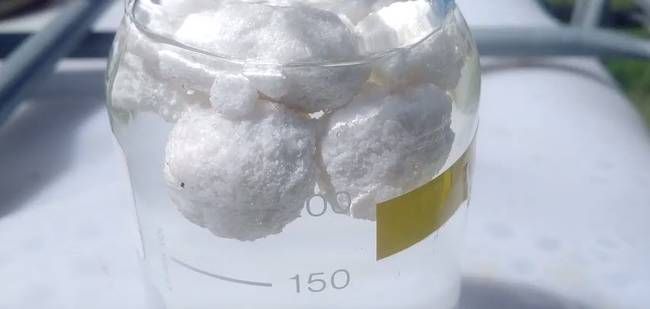Water pollution is a global problem. New technologies provide a solution to new challenges like micro-plastics and pharmaceuticals in water. Silica gel is a good adsorbent. It can be potentially used to remove pollutants from water.
Pharmaceuticals in Water:
Pharmaceutical waste is hazardous. It has the potential to disturb the ecosystem even in small traces. Drugs are found in fewer amounts in water. But, a lifetime of exposure to this dilute cocktail of active chemicals poses a threat. With increased drug use by an ageing population, the problem will only worsen. Studies reveal that fishes are affected due to pharmaceuticals in water.
Example: Traces of female birth control tablets was found in water-bodies. This has affected the masculinity of male fishes. Fishes become sterile and the population density is disturbed.
Microplastics in Water:
Micro-plastics come from a variety of compounds. Cosmetics and synthetic clothes are a major source of micro-plastics. Aquatic animals ingest microplastics thinking it is food. This affects the aquatic life and in worse case results in biomagnification.
Once in the food chain, these pollutants would become inevitable. These complex new challenges need to be addressed with advanced technologies. The conventional wastewater treatment plants do not have the potential to deal with micro-plastics and pharmaceuticals in water.
A German company- Wasser 3.0 has come up with a technology to remove these pollutants. The company developed hybrid silica gels. These hybrid silica gels remove the contaminants by forming covalent bonds with them. The gels help in simultaneous removal of microplastics and pharmaceuticals from water.
Working of hybrid silica gel is quite simple. The pharmaceutical molecules chemically react with the gels and get separated from the water. Microplastics are treated with a gel that forms clumps, that grow into lumps as big as ping pong balls. These ball-like lumps float on the surface of the treatment tank. These balls can be separated and reused again.

The silica gels are reusable and cost-effective. It is energy efficient and can be implemented in sewage treatment plants. The R&D team of the company is developing newer technologies to face challenges in water pollution.

